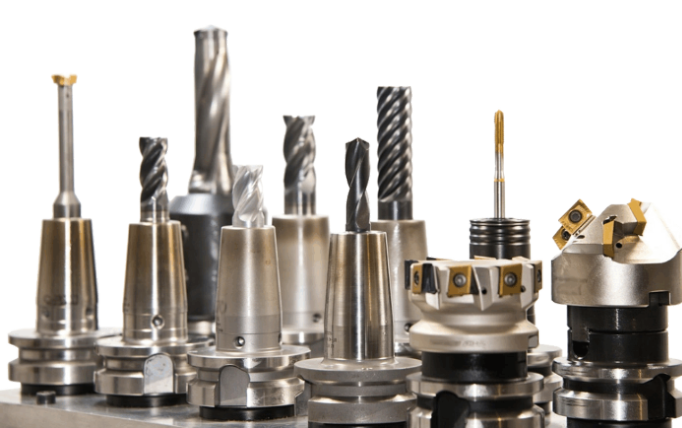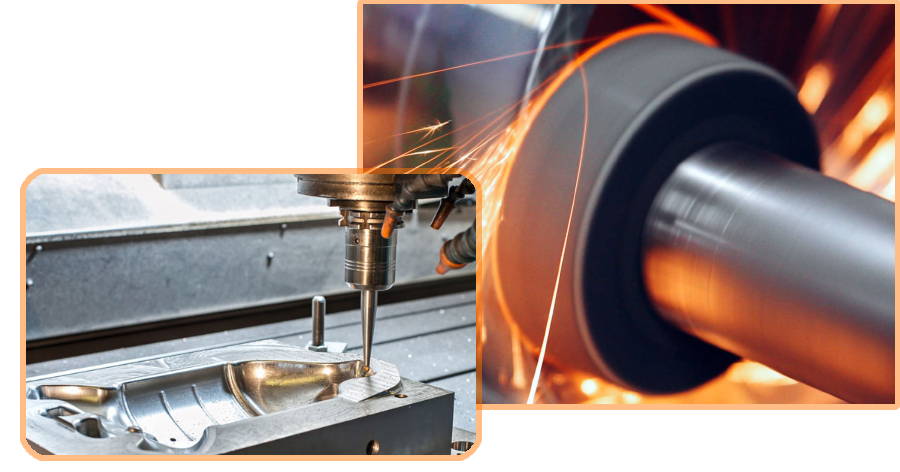
EQUIVALENT GRADES
| AMERICAN (AISI) | DIN (W.Nr) | CODE | JAPNESE (JIS) |
|---|---|---|---|
| D-2 | 1.2379 | X155CrVMo12-1 | SKD11 |
| D-3 | 1.2080 | X210Cr12 | SKD1 |
CHEMICAL COMPOSITION
| C | Si | Mn | P | S | Cr | Mo | V | W | |
|---|---|---|---|---|---|---|---|---|---|
| D-2 | 1.50-1.60 | 0.10-0.40 | 0.15-0.50 | 0.030mx | 0.030mx | 11.00-13.00 | 0.60-1.20 | 0.90-1.10 | - |
| D-3 | 1.90-2.20 | 0.10-0.40 | 0.15-0.45 | 0.030mx | 0.030mx | 11.00-13.50 | - | - | - |
Cold Work Tool Steels include those tool steels which require high mechanical force and sliding contact between the tool surface and the work material and where the surface temperature of the material is not elevated.
APPLICATIONS

Stamping Dies
Thread Rolling Dies
Pressing Tools
Cold Roots
Cold Extrusion
Cold Forging
Mould Inserts
Injection Nozzels
Forming Dies
Measuring Tools
Coining Tools
Shear Blades
COLD WORK STEEL IS EXPOSED TO HIGH STRESSES AND REQUIRES GREAT RESISTANCE AGAINST WEAR, IMPACT AND BENDING. THE DEVELOPMENT OF NEW STEEL GRADES IS MAINLY GUIDED BY ANALYZING DAMAGE SUFFERED BY TOOLS IN VARIOUS PROCESSES.
QUALITIES

1. Wear Resistance
2. Greater Hardness
3. Resistance to Plastic Deformation
4. Chipping Resistance
5. Total Cracking Resistance
6. Good Machinability & Grind Ability
In each area of use, properties are sought which will extend in working life of the tool. Different Types of wear demand different types of steel. Product development is moving towards producing more robust steel with higher resistance to wear great durability.
